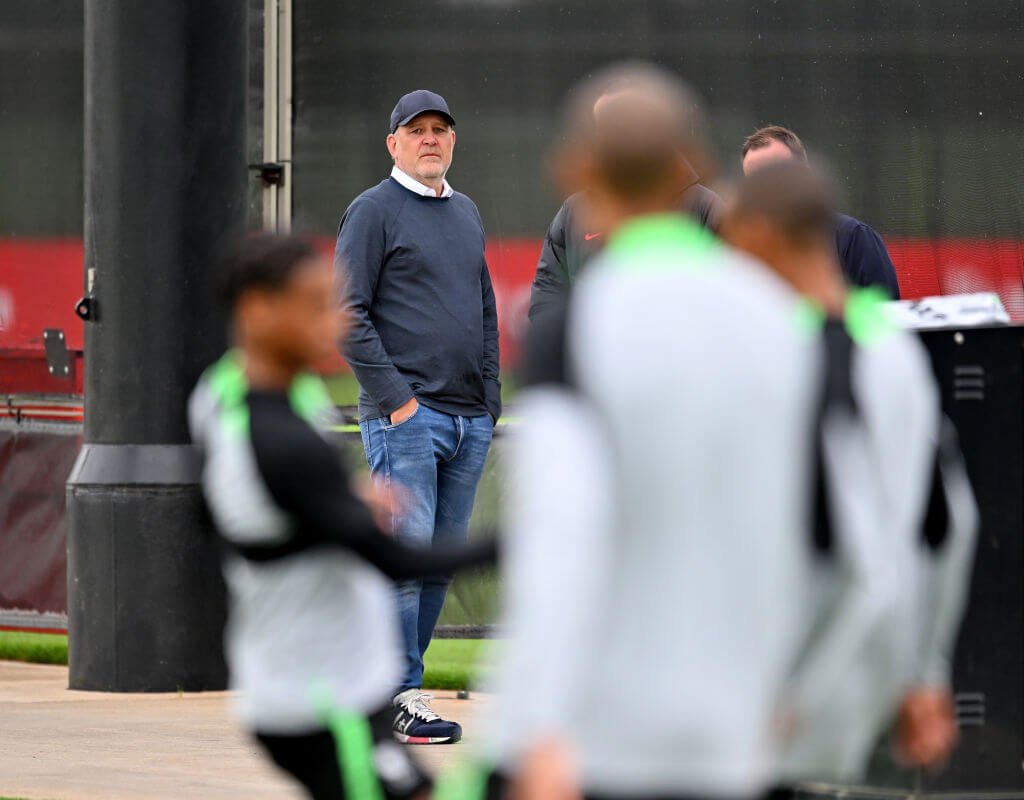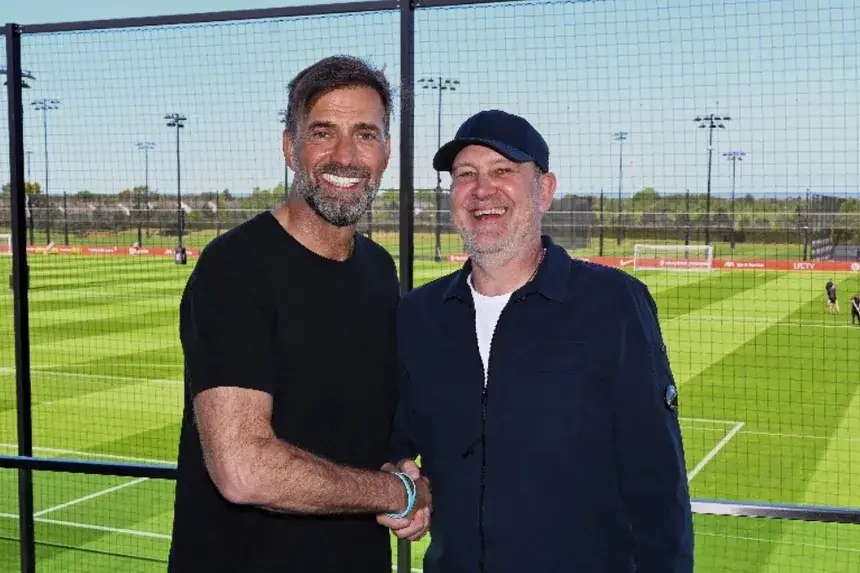Klopp’s Perspective on Liverpool’s Sporting Director Dynamics
Jurgen Klopp, the mastermind behind Liverpool’s recent successes, has offered insights into the club’s approach to appointing their next sporting director, as detailed in an article by The Echo. With Jorg Schmadtke nearing the end of his tenure, the spotlight is on how Liverpool will navigate this crucial transition. This article explores Klopp’s comments on the matter, the role of a sporting director at Liverpool, and the integration of youth talents into the first team, reflecting on the broader implications for the club’s future.
Klopp’s Limited Involvement in Sporting Director Decisions
Klopp has downplayed his role in selecting Liverpool’s next sporting director, emphasizing the collective decision-making process within the club. He acknowledges the expertise of other club personnel in making such crucial appointments. “There must be other people in the club who talk about that,” Klopp remarked, highlighting a collaborative approach to these decisions.

Schmadtke’s Short Stint and His Contributions
Jorg Schmadtke, who was coaxed out of retirement to replace Julian Ward, signed a one-year deal with an informal review after three months. His time at Liverpool, though brief, saw the signings of notable players like Dominik Szoboszlai, Wataru Endo, and Ryan Gravenberch. Klopp credits Schmadtke for his assistance in the last transfer window but anticipates a quiet end to the current transfer period.
The Importance of the Right People in Key Roles
Klopp’s emphasis on having the right people in crucial roles like the sporting director is telling. He trusts the club’s process and the individuals involved in these decisions. His statement, “I think it’s important that the right people are in but I don’t have time to find the right people,” underscores his focus on coaching and team management, leaving administrative and strategic roles to others within the club.
Integrating Youth: The Role of Conor Bradley and Others
An interesting aspect of Klopp’s philosophy is the integration of young players into the first team. He speaks highly of Conor Bradley, poised to make his Premier League debut, and others like Jarell Quansah. Klopp values the link between the academy and the first team, initially established by Pep Lijnders and now managed by Vitor Matos. This approach not only nurtures young talent but also provides a sustainable model for the club’s future.
Conclusion: Navigating Change and Continuity
As Liverpool navigates the impending change in the sporting director role, Klopp’s insights provide reassurance about the club’s stability and future. His trust in the club’s decision-making process and his commitment to youth development are key components of Liverpool’s strategy. The appointment of the next sporting director will be a significant moment for the club, but with Klopp’s philosophy and the club’s infrastructure, Liverpool seems well-equipped to handle this transition.



